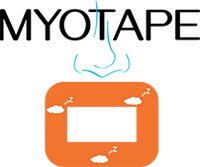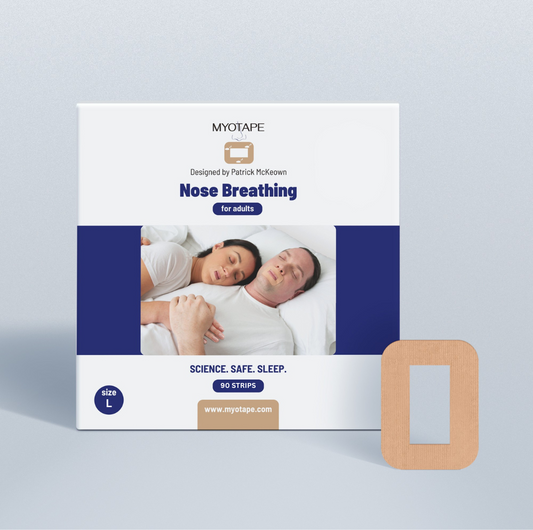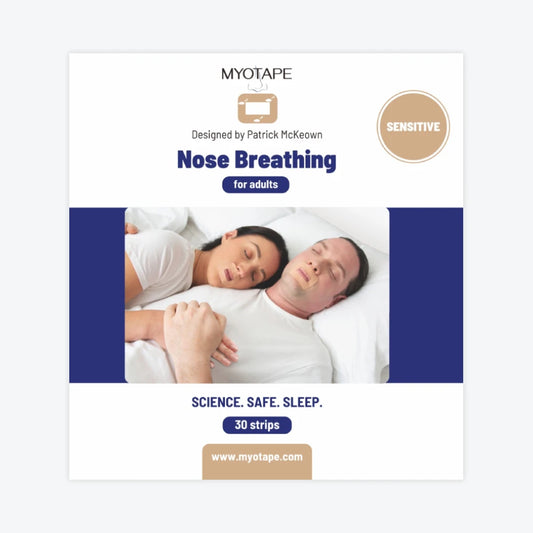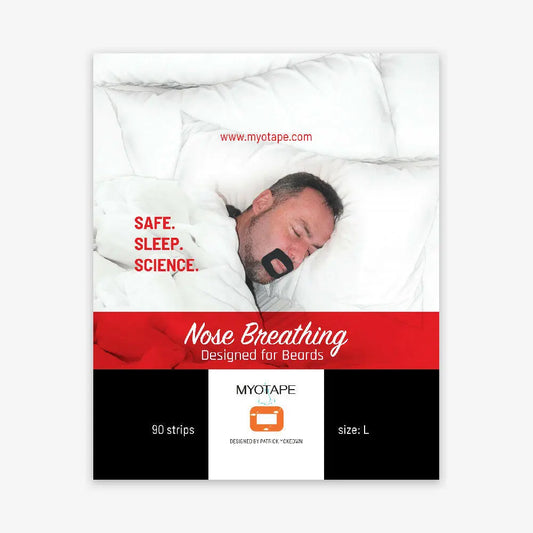Breathing through your nose can help protect against asthma symptoms, especially those triggered by exercise. A 2008 study published in the Official Journal of the Asian Pacific Society of Respirology found that when people with mild asthma were forced to breathe through their mouths, they had more trouble breathing and experienced a drop in lung function (Hallani et al., 2008).
The Science
The objective of the study was to see how mouth breathing affects people with mild asthma. They studied eight volunteers who were asked to breathe only through their nose on one day and only through their mouth on another day, using forced oral breathing. Forced oral breathing means making someone breathe only through their mouth, usually by blocking the nose with a clip. They measured lung function and how difficult it felt to breathe during these sessions.
What the Study Revealed
- Mouth Breathing Reduced Lung Function: When the volunteers breathed through their mouths, their lung function decreased. This was measured using a test called FEV1, which checks how much air you can force out of your lungs in one second. For healthy individuals, FEV1 values typically range between 80% to 120% of the predicted value based on age, gender, height, and ethnicity.
At the start of the study, participants had similar FEV1 values on both the nasal breathing day (101.2% of predicted) and the mouth breathing day (102.7% of predicted). However, after 60 minutes of enforced mouth breathing, the FEV1 value dropped to 96.5%, compared to 101.0% on the nasal breathing day. In addition, by the end of the mouth-breathing session, lung function had dropped significantly.
- Mouth Breathing Increased Breathing Difficulty: The volunteers reported more difficulty breathing when they were forced to breathe through their mouths. They used a scale called the Borg scale to rate how hard it was to breathe. The Borg scale is a tool used to measure perceived exertion, or how hard it feels to perform a physical task.
On the day participants breathed through their noses, they rated their difficulty breathing at around 0.4 on the Borg scale. However, on the day they were forced to breathe through their mouths, this rating increased significantly to 1.5. This higher rating indicates that participants found it much harder to breathe when they were forced to use their mouths.
- Mouth Breathing Worsened Asthma Symptoms: Some participants experienced coughing and wheezing when they breathed through their mouths, but not when they breathed through their noses.
What Does This All Mean?
For asthmatics, breathing through the mouth can make the symptoms worse. According to the study, forced mouth breathing can reduce lung function and make it harder to breathe. By understanding this, you can try to avoid mouth breathing, especially during activities that might trigger asthma symptoms.
Breathing through your nose helps filter, warm, and humidify the air before it reaches your lungs. This protective effect can help prevent asthma symptoms. Making a habit of nasal breathing can improve your lung function and reduce the risk of asthma attacks.
If you are asthmatic and you find yourself mouth breathing often, it might be worsening your asthmatic condition, so you need to find healthy ways to ensure you breathe nasally.
With that in mind, Patrick McKeown, an esteemed breathing expert and scientist, provides a Live Online Clinic for Asthma and Respiratory Conditions. This is a 2-hour live Zoom session, which includes a 15-minute Q&A for personalized guidance on techniques to alleviate symptoms of asthma, breathe nasally, and take control of your respiratory health.
Additionally, our safe mouth tapes can help you stop the habit of mouth breathing. They train you to breathe through your nose at all times, thus significantly reducing your asthma symptoms. Visit our online shop to learn more.
References:
Hallani M, Wheatley JR, Amis TC. Enforced mouth breathing decreases lung function in mild asthmatics. Respirology. 2008 Jun;13(4):553-8. https://onlinelibrary.wiley.com/doi/abs/10.1111/j.1440-1843.2008.01300.x








